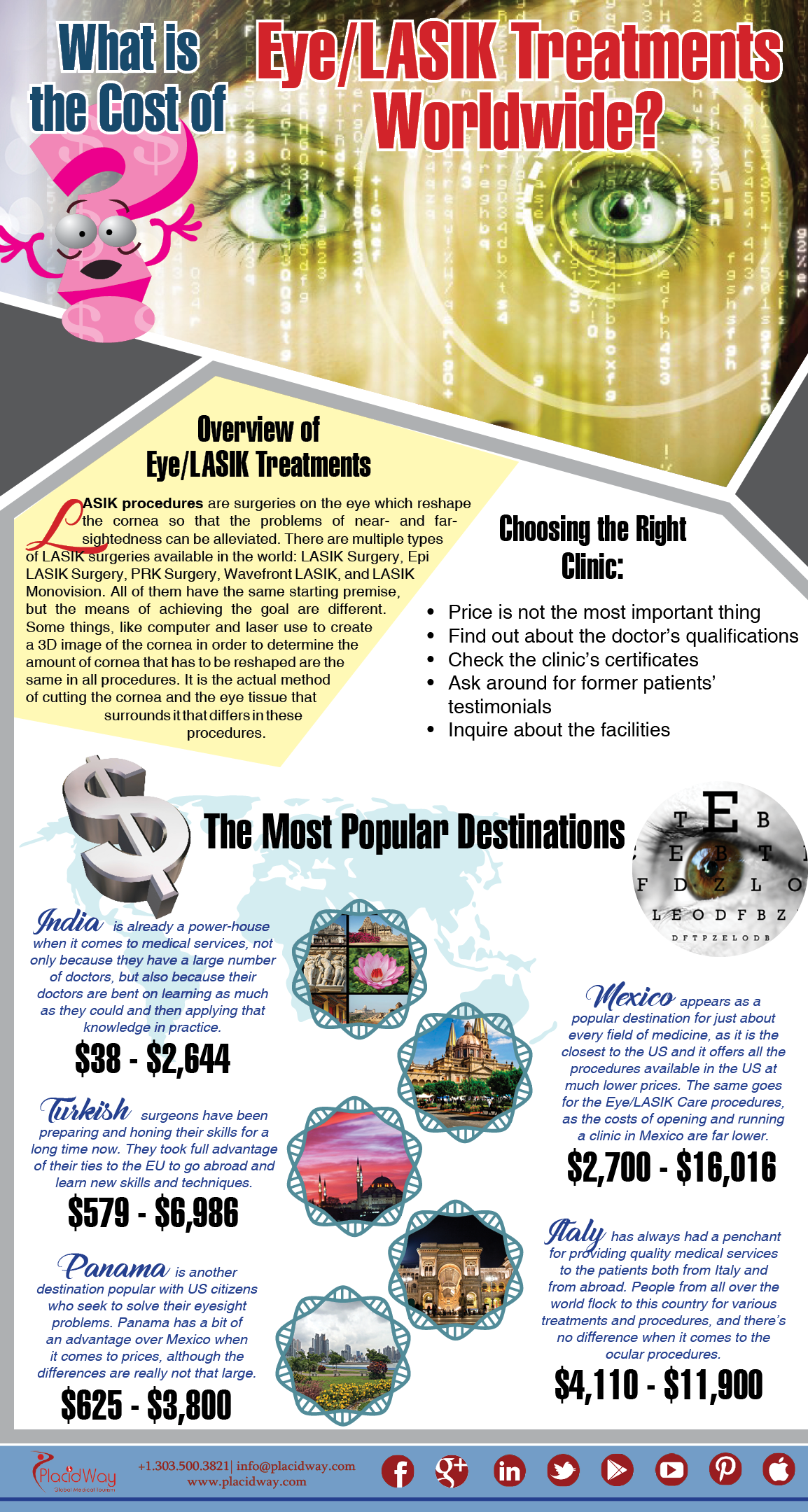Refractive Lens Exchange: A Considerable Manual For Ideal Vision
Refractive Lens Exchange: A Considerable Manual For Ideal Vision
Blog Article
Post Author-Norman Noble
If you more than 40 and fighting with vision concerns like hyperopia or nearsightedness, Refractive Lens Exchange (RLE) may be worth taking into consideration. This treatment replaces your natural lens with an artificial one, possibly lowering your reliance on glasses. While the advantages are appealing, it's vital to understand the risks and qualification requirements. What should cataract surgery by hand recognize before making a decision that could alter your vision for life? Let's explore this subject better.
Comprehending Refractive Lens Exchange
Understanding Refractive Lens Exchange (RLE) can be critical for those considering vision correction options.
RLE is a procedure that changes your eye's all-natural lens with an artificial intraocular lens. It's largely targeted at correcting serious refractive errors, such as hyperopia, myopia, or presbyopia.
Throughout the treatment, your doctor will certainly eliminate your cloudy or clear lens and replace it with a lens tailored to your vision needs. This alternative is frequently considered for people over 40 that might not appropriate prospects for LASIK.
By choosing RLE, you're not simply improving your vision; you're also possibly lowering your reliance on glasses or call lenses.
Recognizing how RLE works will certainly empower you to make educated choices about your vision health and wellness.
Benefits and Risks of RLE
Selecting RLE not just uses a chance to enhance your vision but also includes its own collection of advantages and risks.
One considerable advantage is the potential for more clear vision, lowering or removing your reliance on glasses or get in touch with lenses. cataract surgery after might also experience a more comprehensive range of vision, especially if you select multifocal lenses.
Nonetheless, there are threats included, such as infection, difficulties during surgical treatment, or discontentment with the outcomes. Some individuals experience visual disturbances like halos or glare.
https://www.verywellhealth.com/laser-cataract-surgery-3421943 to consider these advantages and dangers thoroughly. Consulting with your eye care specialist can help you make an educated decision that straightens with your vision goals and way of life.
Eligibility Criteria for Refractive Lens Exchange
Prior to thinking about Refractive Lens Exchange (RLE), it's vital to determine if you satisfy the eligibility criteria. Usually, you're an excellent prospect if you're over 40 years old and have a stable prescription.
You ought to likewise be experiencing refractive errors like myopia, hyperopia, or presbyopia. It is essential to have healthy eyes without any considerable illness, such as cataracts or glaucoma.
Furthermore, you need to remain in good overall health and not have any kind of conditions that might affect healing, like unchecked diabetes. If you put on call lenses, you might need to quit using them for some time before your analysis.
Consulting with an eye treatment specialist will certainly aid you comprehend your particular situation and whether RLE is right for you.
Final thought
In conclusion, refractive lens exchange can transform your vision and minimize your reliance on glasses or get in touches with. While it supplies many benefits, it's crucial to recognize the risks and ensure you satisfy the qualification standards. Consulting with an eye care expert will aid you make an educated decision tailored to your demands. If you're thinking about RLE, make the effort to discover your options and discuss any concerns, paving the way for clearer, more vivid eyesight.
